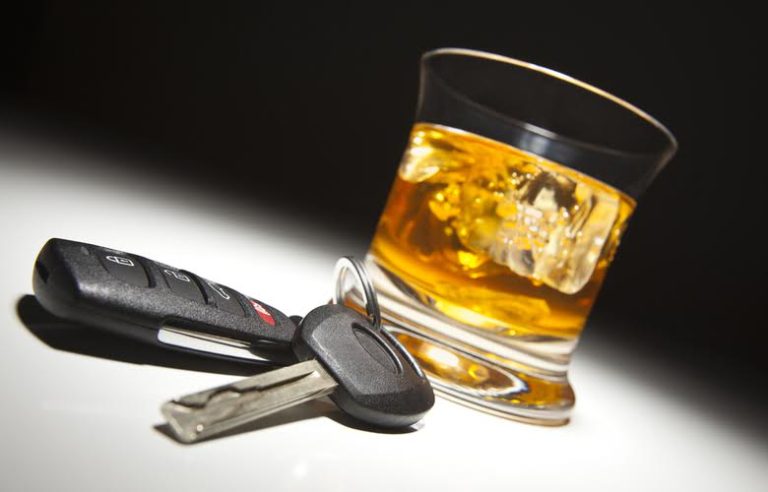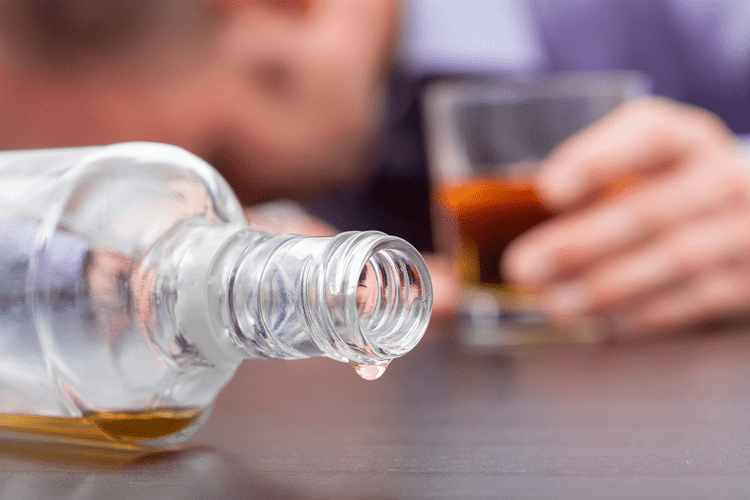Treatment and Recovery National Institute on Drug Abuse NIDA
Helping a person recovering from an addiction can come down to helping them connect to treatment—if they’re not already doing so—and encouraging support groups like AA. The people this person meets in these meetings are much better positioned to encourage their sobriety than family members are. Return to use is most common during the first 90 days of recovery.
- Addiction is a complex condition where a person continues to engage in a behavior or substance use despite negative consequences.
- Learning what one’s triggers are and acquiring an array of techniques for dealing with them should be essential components of any recovery program.
- Different phases require varied interventions, emphasizing truth and honesty.
- Medications can sometimes be helpful in both the short term and the long term.
- The role of spirituality in addiction recovery is often misunderstood.
Does relapse to drug use mean treatment has failed?
- Motivational interviewing, aligned with the Stages of Change, acts as a skillful clinical style, motivating clients for behavioral changes that enhance well-being.
- Experts agree that exercise for recovery and sobriety isn’t one-size-fits-all.
- It’s about uncovering the root causes of addiction and equipping individuals with the tools and support needed to achieve lasting recovery.
- Volunteer, become active in your church or faith community, or join a local club or neighborhood group.
- However, it can also take time and effort for trust to be re-established if you have hurt friends or family while you were actively involved in your addiction.
If you’re ready to make a positive change, here’s what you may want to know about the recovery process. Addiction Resource aims to provide only the most current, accurate information in regards to addiction and addiction treatment, which means we only reference the most credible sources available. If you are able to find healthy replacements instead of turning to alcohol, you will develop positive coping https://bestfitnesstores.com/tag/how-to-quit-alcohol/ strategies to strengthen your health and well-being, which aid in prevention. The twelve steps of Alcoholics Anonymous can be valuable both during and after recovery. Still, it’s important to realize that these steps do indeed work, so long as you work them. Simply memorizing them without putting in any effort to work them isn’t effective; it’s important to learn how to live out these steps.

Sedative-hypnotic use disorder
Millions of readers rely on HelpGuide.org for free, evidence-based resources to understand and navigate mental health challenges. You can support your drug treatment and protect yourself from relapse by having activities and interests that provide meaning to your life. It’s important to be involved in things that you enjoy, that make you feel needed, and add meaning to your life. When https://www.wellnessdayla.com/how-to-tighten-sagging-breasts-in-7-days/ your life is filled with rewarding activities and a sense of purpose, your addiction will lose its appeal. When experiencing a craving, many people have a tendency to remember only the positive effects of the drug and forget the negative consequences. Therefore, you may find it helpful to remind yourself that you really won’t feel better if you use and that you stand to lose a lot.
Seek Support

Let’s examine these 12-step programs more closely, including the individual steps and the traditions that help guide them. We’ll also explore their effectiveness, the pros and cons you should consider, and how to make them work as part of a treatment plan. Your relationships http://dvdvideomarket.ru/shop/i213.dorogi_indii_-_caminho_das_indias_soundtrack_4_cd_.htm suffer because you care more about the substance. Your physical and mental health gets worse, and you ignore your responsibilities. Without help, addiction takes over your life and can lead to severe problems, like overdosing or getting into trouble with the law.

Understanding why you relapsed is often one of the most important parts of truly overcoming a substance use disorder. While it can be disheartening and frustrating, relapse is quite common. However, as the National Institute on Drug Abuse (NIDA) explains, relapse does not mean that treatment has failed. The chronic nature of addiction means that relapsing is often part of the quitting process. Other ways to prepare include deciding what approach you plan to use to overcome your addiction and getting the resources that you need to be successful. This often means getting rid of paraphernalia or other items that might trigger your desire to use a substance or engage in a harmful behavior.
- Others have modified the steps to fit their own needs and cultures.
- Once you’re interested in something else, you’ll find the urges go away.
- Aerobic exercises like running and swimming are fantastic for anyone on the road to recovery.
Dialectical Behavior Therapy (DBT)
- What is needed is any type of care or program that facilitates not merely a drug-free life but the pursuit of new goals and new relationships.
- Taking an ongoing personal inventory and honestly acknowledging ways you have hurt yourself, your relationships and others is also a core Twelve Step recovery practice.
- Significant changes occur in behavior and health, indicating a shift from occasional to chronic drug use.
- However, the authors noted that attendance in these support groups remains low and inconsistent.
- Take the assessment and get matched with a therapist in as little as 48 hours.
